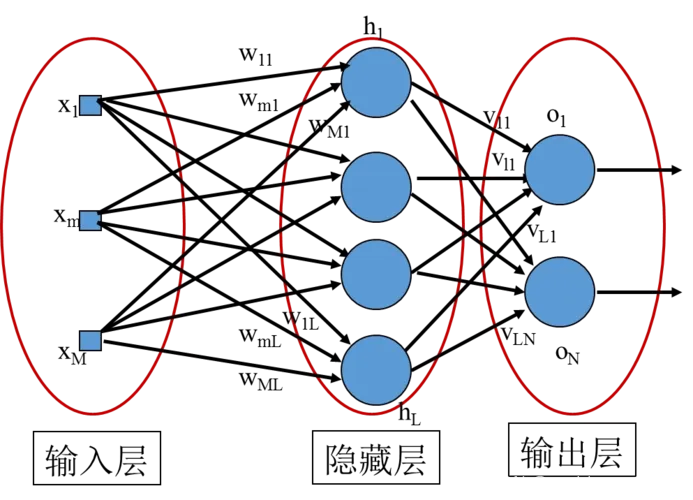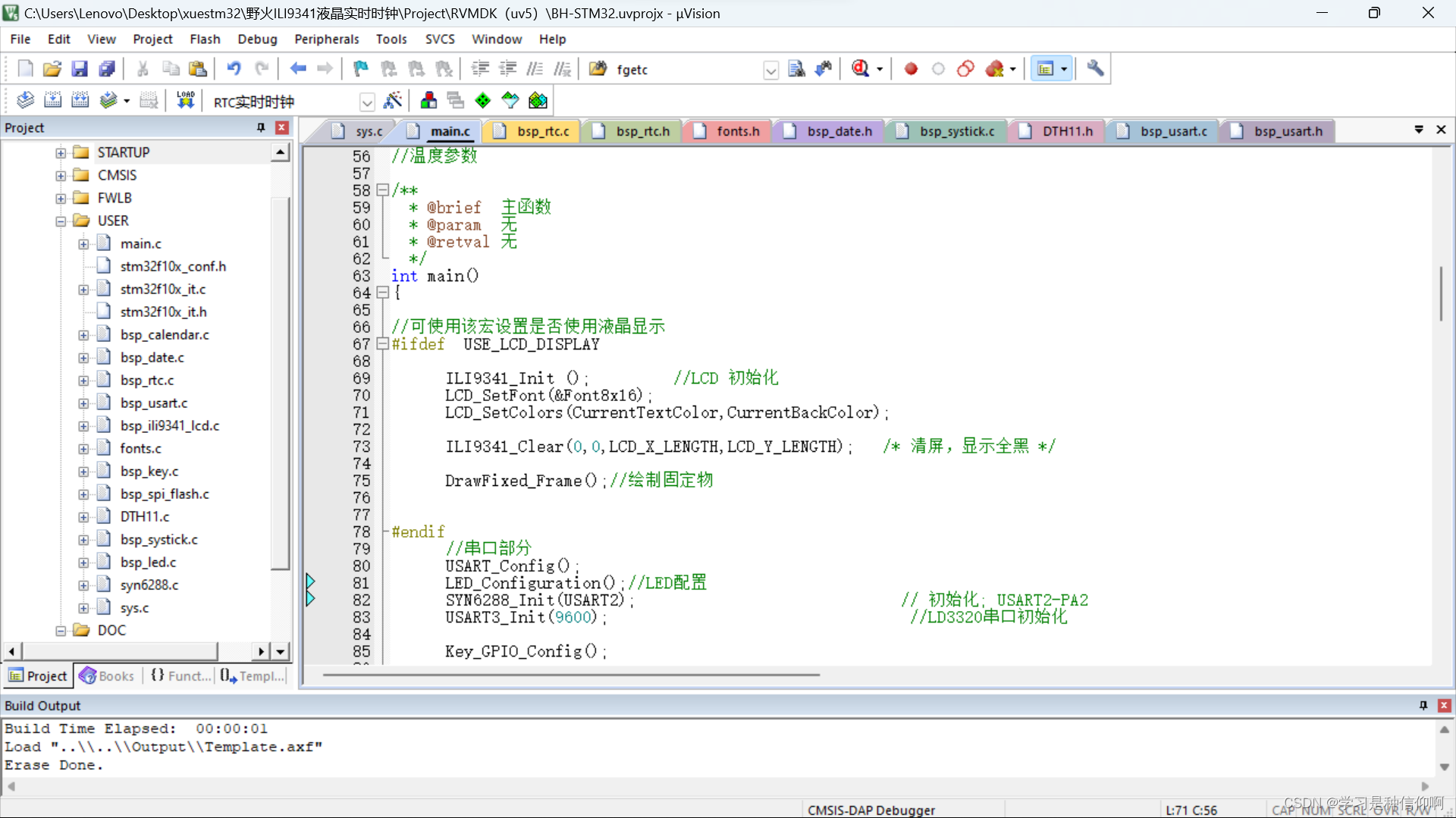一万条url找出相似的url
算法课抽到的另一道题,大厂面试题收藏了1万条url,现在给你一条url,如何找出相似的url。(面试官不解释何为相似)方法一:若url属于同一服务,一个URL是另一个URL的前缀,或者两个URL的前面的目录相同,可利用正则表达式#!/usr/bin/env python# -*- coding:utf-8 -*-# 认为前面的目录相同则为相似import regiven_url = 'https:
·
算法课抽到的另一道题,大厂面试题
收藏了1万条url,现在给你一条url,如何找出相似的url。(面试官不解释何为相似)。
方法一:若url属于同一服务,一个URL是另一个URL的前缀,或者两个URL的前面的目录相同,可利用正则表达式
#!/usr/bin/env python
# -*- coding:utf-8 -*-
# 认为前面的目录相同则为相似
import re
given_url = 'https://blog.csdn.net/weixin_51617086'
urls = ['https://blog.csdn.net/weixin_51617086/article/details/117405692?spm=1001.2014.3001.5501',
'https://blog.csdn.net/weixin_51617086/article/details/117339353?spm=1001.2014.3001.5501',
'https://blog.csdn.net/weixin_51617086/article/details/117299551?spm=1001.2014.3001.5501',
'https://space.bilibili.com/146015656/favlist?fid=1239219656&ftype=create',
'https://so.csdn.net/so/search',
'https://blog.csd./251/nweixin_51617086']
for url in urls:
rs = re.match(r'https://blog.csdn.net/weixin_51617086.*', url)
if rs is not None:
print("相似url:{}".format(rs.group()))

方法二:若指URL字串上大都相同,考虑相似是指匹配字符较多。那就用动态规划求字符对齐匹配数最大的。那么较多是多少呢?这个标准可以人为取,假设认为80%以上才叫相似。达标的就认为是相似的转化为:求最长公共子序列的题目。
#!/usr/bin/env python
# -*- coding:utf-8 -*-
# author:Zfy date:2021/5/31 22:50
# 二、URL字串上大都相同则为相似,拟定为80%以上为相似
given_url = 'https://blog.csdn.net/weixin_51617086'
urls = ['https://blog.csdn.net/weixin_51617086/article/details/117405692?spm=1001.2014.3001.5501',
'https://blog.csdn.net/weixin_51617086/article/details/117339353?spm=1001.2014.3001.5501',
'https://blog.csdn.net/weixin_51617086/article/details/117299551?spm=1001.2014.3001.5501',
'https://space.bilibili.com/146015656/favlist?fid=1239219656&ftype=create',
'https://so.csdn.net/so/search',
'https://blog.csd./251/nweixin_51617086']
def lcs(str1, str2):
len1 = len(str1)
len2 = len(str2)
arr = [[0 for _ in range(len2+1)] for _ in range(len1+1)] # len1+1行,len2+1列
b = [[0 for _ in range(len2+1)] for _ in range(len1+1)] # 用于记录字符位置 1 左上方 2 上方 3 左方
for i in range(1, len1+1):
for j in range(1, len2+1):
if str1[i-1] == str2[j-1]: # i j位置上的字符匹配的时候,来自于左上方+1
arr[i][j] = arr[i-1][j-1] + 1
b[i][j] = 1
elif arr[i-1][j] > arr[i][j-1]: # 来自于上方
arr[i][j] = arr[i-1][j]
b[i][j] = 2
else:
arr[i][j] = arr[i][j-1]
b[i][j] = 3
return arr[-1][-1], b
def lcs_trackback(x, y): # 回溯
arr, b = lcs(x, y)
i = len(x)
j = len(y)
res = []
while i > 0 and j > 0:
if b[i][j] == 1: # 来自于左上方 匹配
res.append(x[i-1])
i -= 1
j -= 1
elif b[i][j] == 2: # 来自于上方 不匹配
i -= 1
else:
j -= 1 # 来自于左方 不匹配
return ''.join(reversed(res))
for url in urls:
com = lcs_trackback(given_url, url)
if len(com) / len(given_url) >= 0.8:
print("公共子序列:{},url:{}".format(com, url))

更多推荐
 已为社区贡献4条内容
已为社区贡献4条内容








所有评论(0)